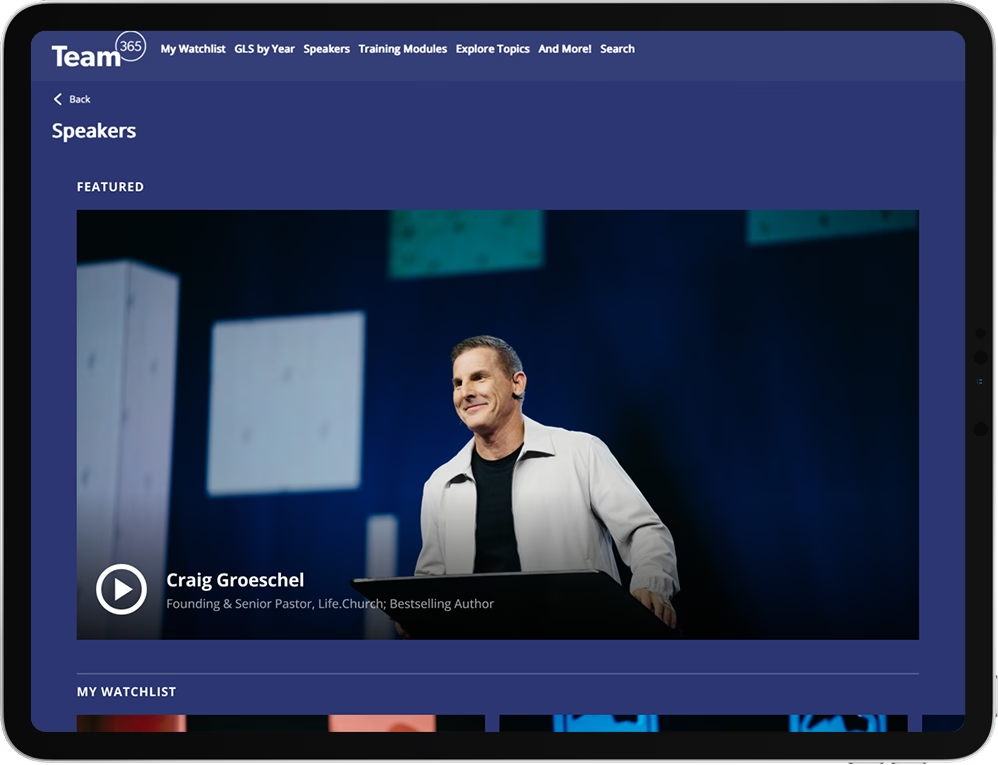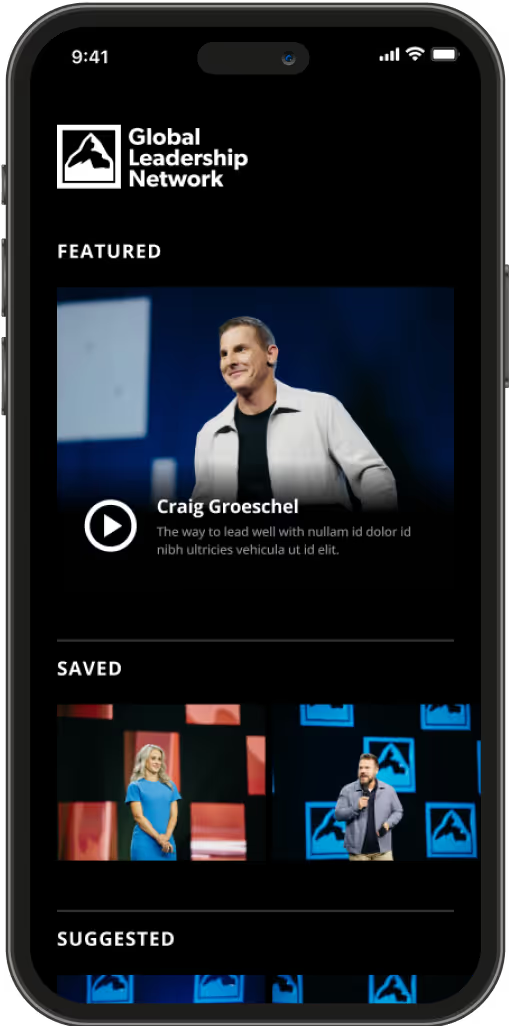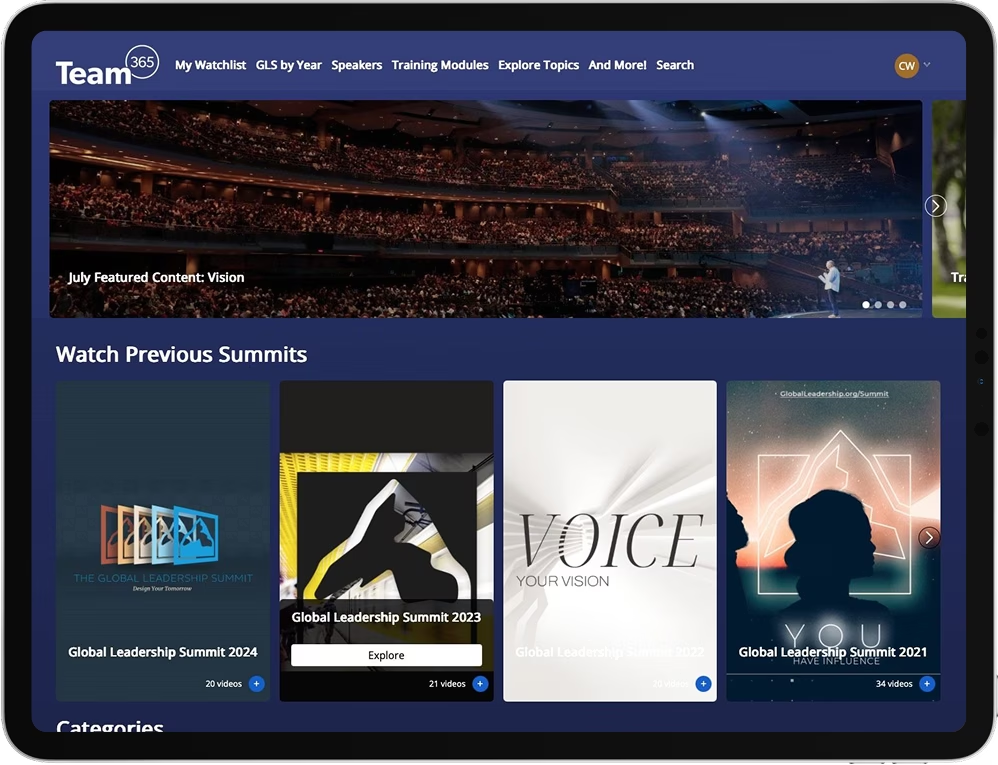Sophia collapsed into her chair at 7 p.m., scrolling through her phone with one hand while mechanically eating dinner with the other. It was the same routine every evening. After leading her team through another grueling quarter, she'd committed to “self-care”: a non-negotiable hour each morning for meditation, journaling and reviewing her goals. She'd declined volunteer commitments, reduced social obligations and even skipped her sister's birthday dinner. After all, the podcasts and Instagram influencers were clear: You can't pour from an empty cup. But six months later, her cup felt emptier than ever.
Sophia's story reflects a troubling paradox in today's leadership culture. Despite unprecedented investment in personal development (the value of the global self-improvement industry was estimated at $48 billion in 2024), leaders report feeling more exhausted, disconnected and dissatisfied than ever. We've been sold a compelling narrative: that transformation requires radical self-focus, that genuine rest and renewal demand we retreat from others, that saying "no" to the world is how we say "yes" to ourselves.
But what if this entire premise is backwards?
The Loneliness Crisis Hiding Behind Self-Optimization
The data paint a sobering picture. Adult loneliness has steadily climbed since the 1970s. One in 10 people now report having no close friends. Half of all adults report feeling lonely, with the highest rates among young adults — the very demographic most enthusiastically embracing self-improvement culture.
For leaders, the consequences extend beyond personal discomfort. Remote work has intensified the trend, with nearly three-quarters of workers under 35 feeling their colleagues growing more distant. Research links loneliness and social isolation to a 26 to 29% increase in premature death risk, a 29% higher risk of heart disease and a 32% elevation in stroke risk. Among entrepreneurial leaders specifically, the combination of obsessive passion and social isolation emerges as a leading contributor to burnout.
The irony is razor-sharp: We're pursuing self-care with the intensity of a competitive sport, yet feeling worse in the process.
The Three Needs We're Neglecting
Self-determination theory, one of psychology's most extensively researched frameworks, offers crucial insight into where we've gone astray. The theory proposes that humans have three innate psychological needs: autonomy (feeling self-directed), competence (feeling capable and effective) and relatedness (feeling connected to others), highlighting a critical point that self-improvement culture consistently misses: These needs aren't competing forces. They're complementary.
Autonomy is often misunderstood as opposing community or connection. But autonomy isn't about isolation; it's about having the freedom to make choices that feel authentic, and those choices can be deeply aligned with serving others. Consider the analyst who stays late on a critical project not out of fear of disappointing the boss, but from a genuine commitment to the team's success. That's autonomy and relatedness working in concert, not competition.
Research confirms this integration. When leaders feel autonomous in their decisions to contribute to their teams or communities, it strengthens rather than weakens their relationships. The fundamental needs don't oppose each other; they create a virtuous cycle.
The Beneficence Effect: How Helping Others Helps You
A fascinating series of studies reveals what might be a counterintuitive finding relative to the wellness messages we’re bombarded with: Beneficence, which describes the feeling of making a positive impact on others, is a significant predictor of personal well-being. Intriguingly, the link between prosocial behavior and well-being is largely driven by increased feelings of autonomy, competence and relatedness.
Let that sink in. When you help others, you're not sacrificing your own well-being. You're enhancing it.
Consider someone volunteering at a local food bank. By choosing to help, they experience agency (autonomy). As they develop skills in organizing donations and coordinating with others, they feel increasingly effective (competence). Working alongside fellow volunteers and supporting those in need deepens their sense of community (relatedness). These experiences collectively boost their well-being while simultaneously benefiting the recipients.
This shouldn't surprise us. As inherently social beings, humans thrive in community. Meeting our need for relatedness predicts a wide range of positive outcomes: intrinsic motivation, resilience when facing challenges and the internalization of healthy behaviors — adopting positive practices in ways that make them feel natural and self-driven rather than forced.
The False Choice Between Self and Others
The self-improvement industry has created a zero-sum fallacy: Time invested in others subtracts from personal growth. Prioritizing relationships becomes a distraction from our "real" work of self-optimization. This narrow view ignores compelling evidence that social connection and contributing to others don't detract from personal development; they're essential to it.
Research comparing intrinsic versus extrinsic goals illuminates this distinction. People pursuing intrinsic goals, like community contribution and meaningful relationships, experience significantly greater well-being than those chasing extrinsic goals like wealth and status. By helping others, we help ourselves grow.
For leaders, this carries profound implications. The executive who mentors emerging talent isn't depleting their capacity; they're expanding it. The manager who creates space for team members to develop isn't sacrificing their own growth; they're accelerating it. The leader who contributes to community initiatives isn't distracting from their "real" priorities; they're fulfilling them.
Practical Integration for Leaders
So how do leaders escape the trap of self-absorbed self-care? The research points to several practical approaches:
Make Connection Intentional: Rather than viewing relationships as what happens when "real work" is done, schedule dedicated, distraction-free time to connect with your team, colleagues and community. Put your phone away during important conversations. Treat these moments with the same respect you give strategic planning sessions.
Prioritize Quality Over Quantity: Strengthening existing relationships often has greater impact than expanding your network. A few close, trusted confidants provide more support and reduce loneliness more effectively than a sprawling contact list ever could.
Seek Authentic Self-Expression: Instead of forcing yourself to be more social, focus on spaces where you can genuinely express yourself. Join groups or activities aligned with your interests and values, where authenticity emerges naturally rather than through performance.
Recognize Small Actions: Recent research indicates that just one quality conversation with a friend each day can significantly boost well-being. Leadership rest and renewal doesn't always require grand gestures or expensive retreats. Sometimes it's a genuine 10-minute conversation with a colleague.
Embrace Community Engagement: Contributing to your community, through volunteering, joining local organizations or participating in neighborhood activities, creates organic opportunities to connect while meeting your innate need for relatedness. These aren't additions to your development plan; they're central to it.
The Self-Expanding Alternative
Perhaps it's time to retire the image of self-improvement as a solitary journey of individual optimization. Instead, think of it as tending a garden, one where your growth is inextricably linked to the flourishing of those around you.
This reframing represents a core principle of what I call "Regenerative Performance" — also the title of my latest book — which explores how to move beyond the distortions of hustle culture and create sustainable performance for ourselves and our teams.
Regenerative Performance reveals that sustainable high performance emerges not from relentless optimization or isolated self-focus, but from oscillation between deep effort and intentional renewal, grounded in authentic connection. Over 20 years of research and consulting with Fortune 500 companies, elite sports teams and leaders across more than 30 countries, I've observed that the most resilient, effective leaders understand this: You can't regenerate alone.
True rest and wellness for leaders doesn't mean building higher walls around your time and energy. It means creating environments where genuine connections can emerge naturally, where contributing to others enhances rather than depletes you and where autonomy, competence and relatedness work together rather than competing for scarce resources.
The most effective self-care isn't self-centered; it's self-expanding. By nurturing relationships and finding ways to contribute to others' lives, you create conditions for everyone to thrive, yourself included.
Sophia eventually discovered this truth. After months of increasingly isolated "self-optimization," she impulsively said yes to helping organize her niece's school fundraiser. Working alongside other parents, solving problems together, seeing the tangible impact of their collective effort, she felt more energized than she had in months. The irony wasn't lost on her: She'd found genuine renewal not by retreating further into herself, but by expanding outward toward others.
For leaders seeking rest and wellness in an exhausting world, the path forward might be surprising. Sometimes the deepest rest comes not from doing less for others, but from doing the right things together.
Related

The Tech CEO who sold his home to live with the formerly homeless

Does your team have a microculture?
.png)
Jon Acuff: How to Become Procrastination Proof
Leadership That Lasts
Team365 isn’t just a platform. It’s a commitment to grow, lead and live with purpose — every single day. Whether you’re here for content, community or clarity, you’re in the right place. Your leadership matters. Let’s keep going.





